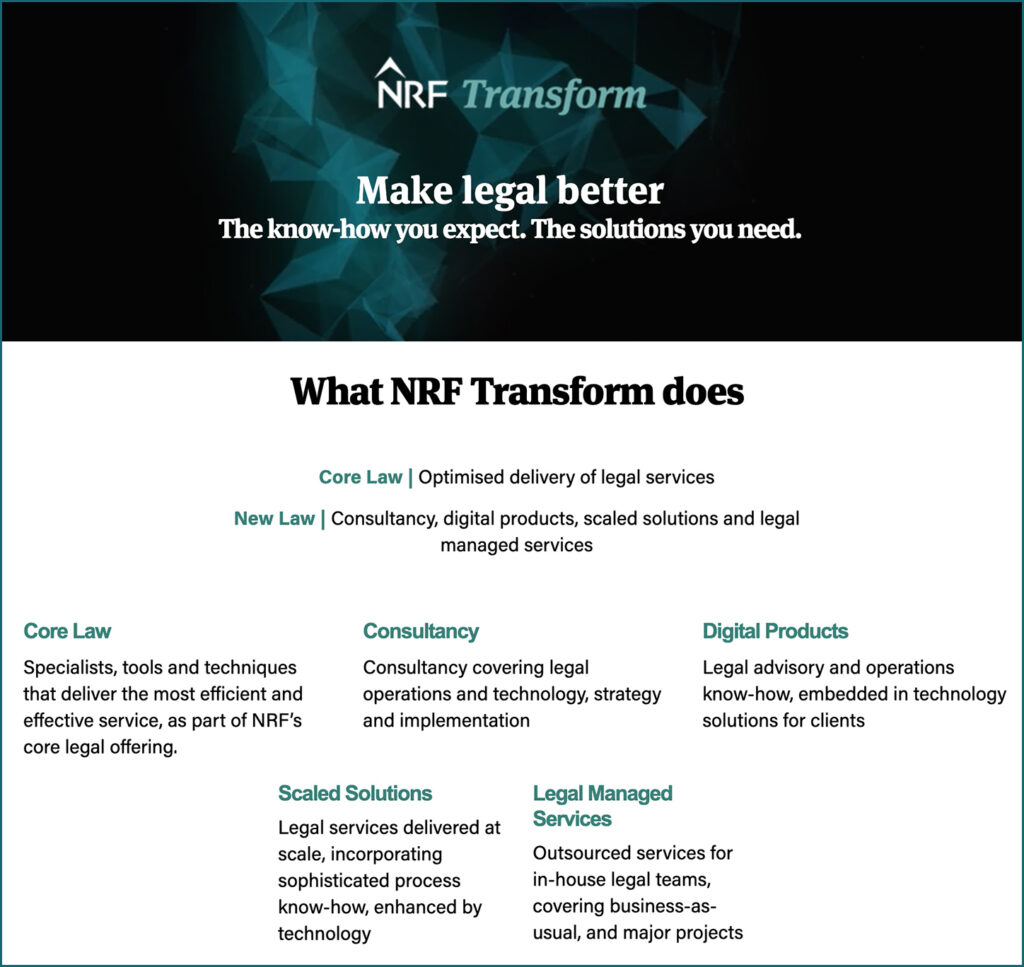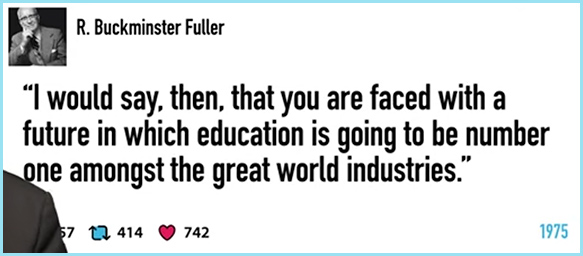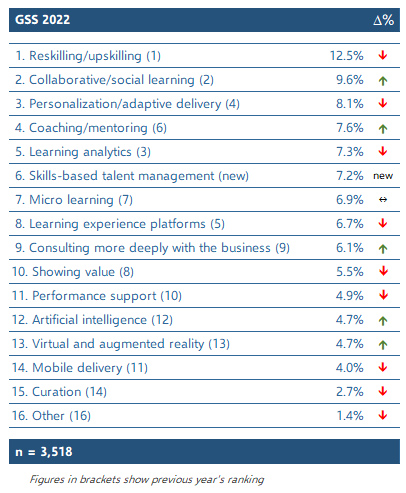Metaverse, NFTs, Web3 And Virtual Land In The Sandbox — from forbes.com by Bernard Marr
Excerpt (emphasis DSC):
So, what does Borget – undeniably one of the pioneers of the concept – think the metaverse actually is?
“For us, metaverse is really this myriad of worlds,” he tells me during our recent webinar conversation, “that users can experience through an avatar that becomes a 3D representation of themselves.”
These avatars are the key to unlocking “all sorts of new experiences … more creative, more immersive, unlike what we’ve seen before with traditional virtual worlds, where users can already socialize … here, what’s important is the ability of users to truly own their own identity, own their own belongings, digital assets, virtual land, houses … and are able to move that identity from one world to another without being constrained.”
“There will be millions of virtual worlds, places where users can take their avatars,” Borget continues. “What’s important is this ability to move from one to another while … keeping all their content they create in one and using it in others.”
Also see:
Metaverse Opportunities, risks and policy implications — from europarl.europa.eu by the European Parliamentary Research Service (EPRS)
Metaverse Opportunities, risks and policy implications
Summary:
One of the most talked about concepts in modern technology, the metaverse can be described as an immersive and constant virtual 3D world where people interact by means of an avatar to carry out a wide range of activities. Such activities can range from leisure and gaming to professional and commercial interactions, financial transactions or even health interventions such as surgery. While the exact scope and impact of the metaverse on society and on the economy is still unknown, it can already be seen that the metaverse will open up a range of opportunities but also a number of risks in a variety of policy areas.
Major tech companies are scaling up their metaverse activities, including through mergers and acquisitions. This has given impetus to a debate on how merger regulations and antitrust law should apply. Business in the metaverse is expected to be underpinned largely by cryptocurrencies and non-fungible tokens, raising issues of ownership, misuse, interoperability and portability. Furthermore, the huge volume of data used in the metaverse raises a number of data protection and cybersecurity issues (e.g. how to collect user consent or protect avatars against identity theft).
There is considerable scope for a wide range of illegal and harmful behaviours and practices in the metaverse environment. This makes it essential to consider how to attribute responsibility, inter alia, for fighting illegal and harmful practices and misleading advertising practices, and for protecting intellectual property rights. Moreover, digital immersion in the metaverse can have severe negative impacts on health, especially for vulnerable groups, such as minors, who may require special protection. Finally, the accessibility and inclusiveness of the metaverse remain areas where progress has still to be made in order to create an environment of equal opportunities.
Also see the following from the Legal Talk Network — with Dennis Kennedy and Tom Mighell
- Metavisting the Metaverse – Dennis and Tom plunge into the metaverse—its trends, current tech, and possibilities for the future.
- The Wild World of NFTs – Dennis and Tom dive into these unique digital objects (art, video, and much more) and outline the issues surrounding their current hype and value in the real world.
















